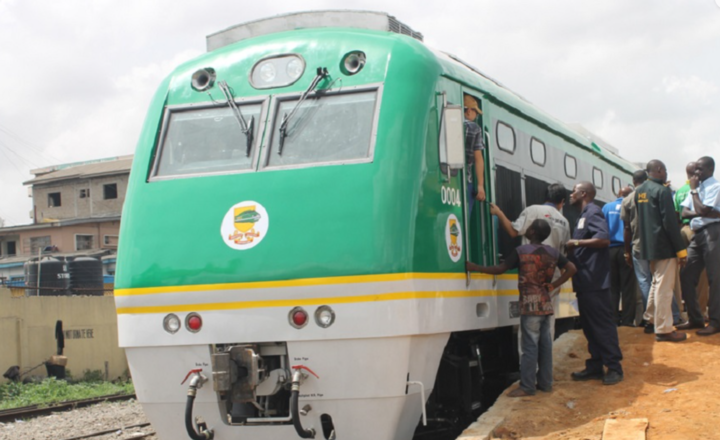In a significant move aimed at revitalizing transportation infrastructure, the Nigerian Railway Corporation (NRC) has commenced the reactivation of old narrow gauge networks across the country. This initiative holds the potential to enhance connectivity, boost economic activities, and contribute to the overall development of the transportation sector in Nigeria.
Key Aspects of the Reactivation Program:
1. **Infrastructure Rehabilitation:**
– The reactivation program involves the rehabilitation of existing narrow gauge railway networks. This includes repairing and upgrading tracks, bridges, and other essential infrastructure components to ensure safe and efficient railway operations.
2. **Expansion of Rail Connectivity:**
– By reactivating old narrow gauge networks, the NRC aims to expand rail connectivity to various regions within Nigeria. This has the potential to facilitate the movement of goods and passengers, reducing dependence on road transportation and alleviating congestion.

3. **Economic Impact:**
– A functional narrow gauge railway system can have a positive impact on the economy. It facilitates the movement of goods from production centers to markets, promoting trade and economic activities. Additionally, improved transportation infrastructure can attract investments and spur local development along railway corridors.
4. **Transportation Efficiency:**
– The reactivated narrow gauge networks are expected to contribute to the efficiency of transportation in Nigeria. Rail transport is generally more energy-efficient and environmentally friendly compared to road transport, making it a sustainable option for the movement of goods and people.
5. **Job Creation:**
– The rehabilitation and reactivation of railway infrastructure can create job opportunities. From construction and maintenance activities to operational roles, the railway sector has the potential to generate employment and contribute to skill development.
6. **Integration with National Development Plans:**
– The reactivation program aligns with broader national development plans. Efficient and reliable transportation infrastructure is a crucial component of sustainable development, and the integration of rail networks complements efforts to improve overall connectivity and accessibility.
7. **Enhanced Passenger Services:**
– Beyond freight transport, the reactivation of narrow gauge networks can enhance passenger services, providing a reliable and comfortable means of travel. This is especially significant for individuals commuting for work, education, and other purposes.
8. **Public-Private Partnerships:**
– The NRC may explore public-private partnerships to facilitate the reactivation process. Collaboration with private entities can bring in additional resources, expertise, and technology to expedite the rehabilitation of railway networks.
The initiation of the reactivation program by the NRC reflects a forward-looking approach to transportation infrastructure development in Nigeria. As the old narrow gauge networks are brought back into operation, the country stands to benefit from improved connectivity, economic growth, and a more sustainable mode of transportation.
Support InfoStride News' Credible Journalism: Only credible journalism can guarantee a fair, accountable and transparent society, including democracy and government. It involves a lot of efforts and money. We need your support. Click here to Donate
